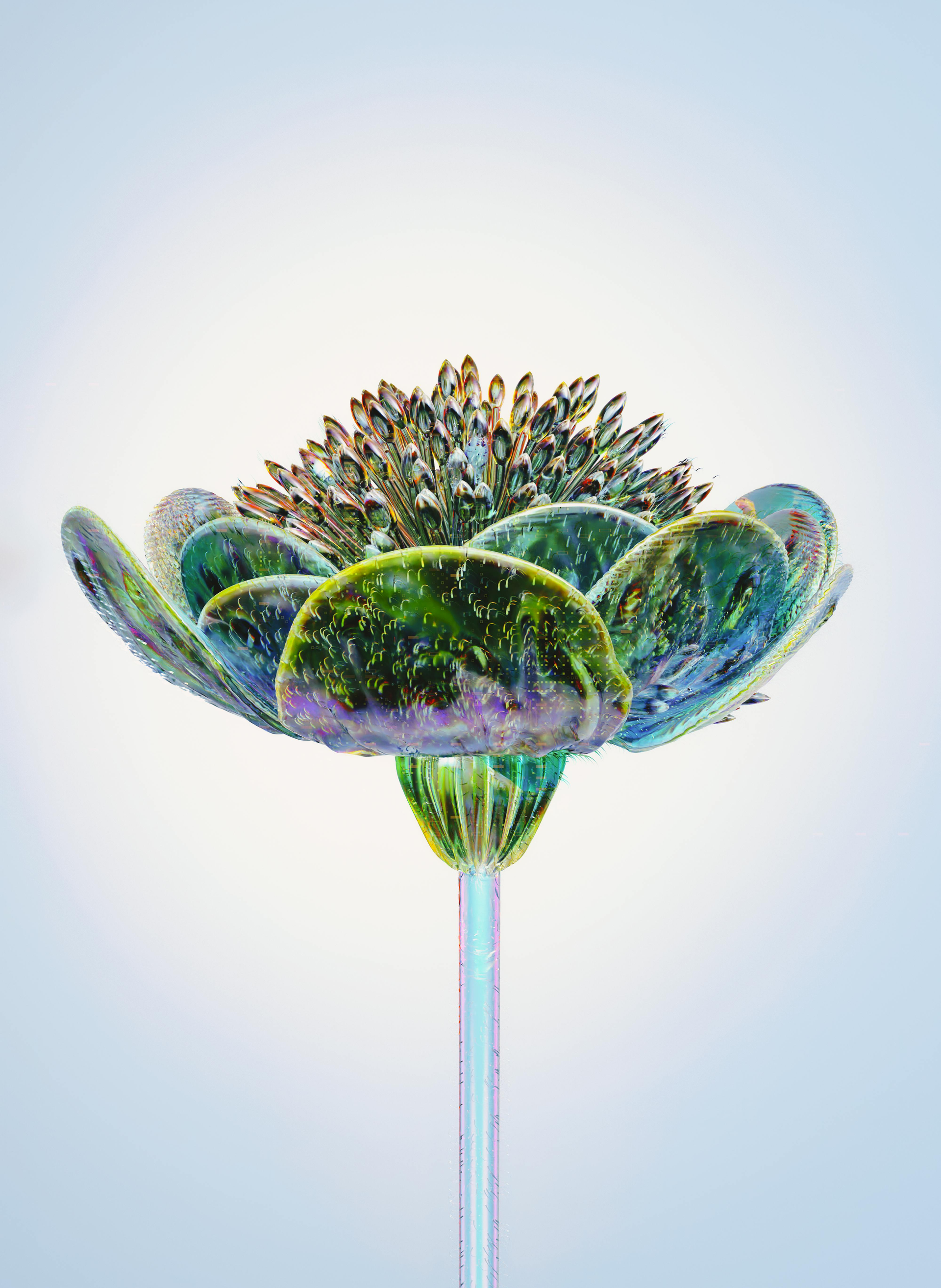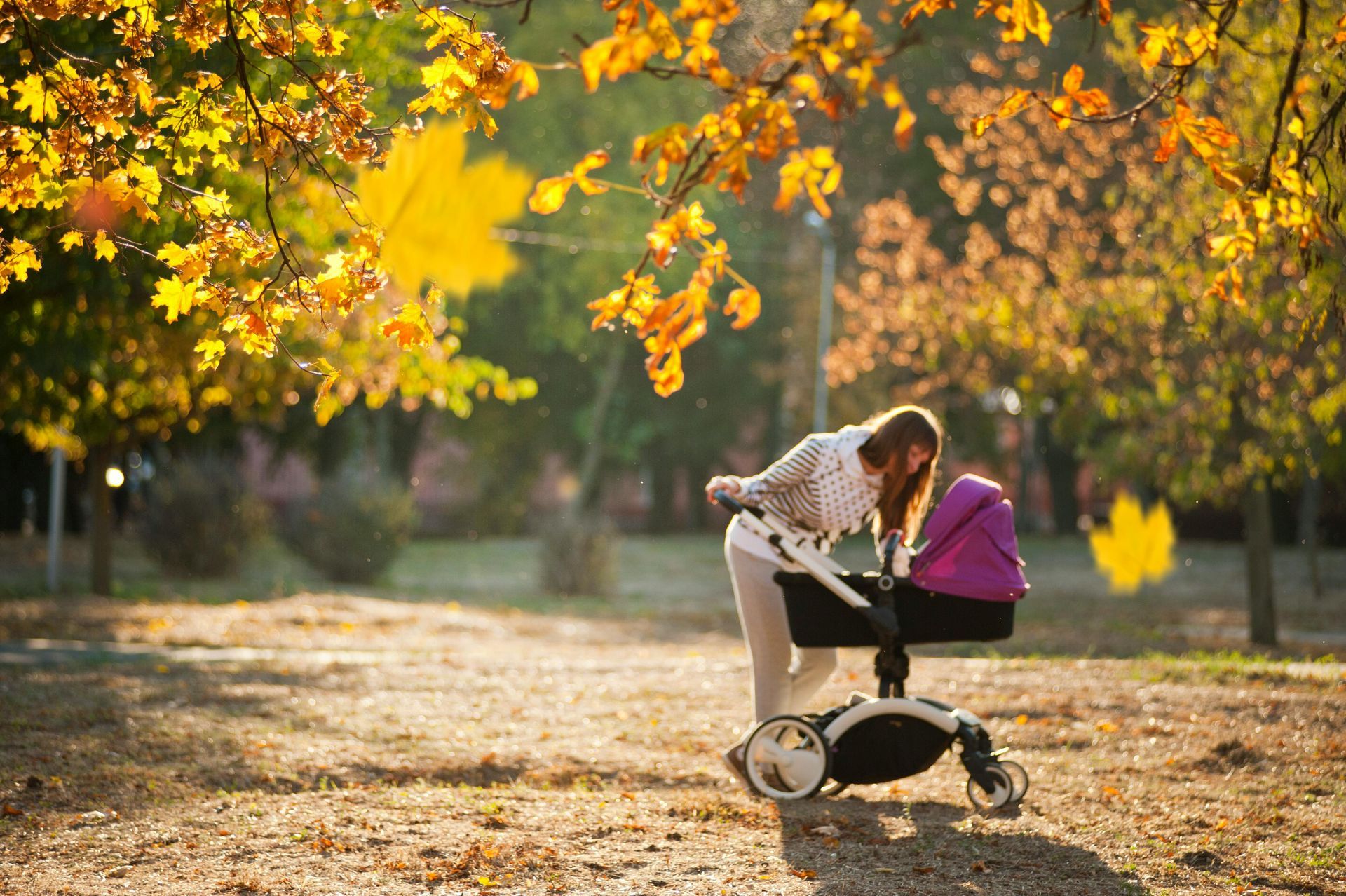Finding a Birth House in Switzerland
Birth Houses in Switzerland
It's astonishing that 98% of births in Switzerland occur in hospitals, despite birth centers/birth houses being extremely safe, nurturing, positive, and family-centered places to give birth. Birth center births, including any necessary transfers to hospitals, are fully covered by Swiss insurance, just like hospital or home births.
Giving birth in a hospital increases the likelihood of cesarean sections, significant tearing, postpartum hemorrhage, and other interventions. Studies, including a Cochrane Review, have shown that births in birth centers and at home have similar safety levels as those in hospitals.
So, why aren't more people in Switzerland choosing birth centers? For many, it's a lack of knowledge, compounded by significant geographical issues, as many women live far from a birth center. When looking for a birth center in Switzerland, you can search the website of independent birth centers for one in your area. There are also birth centers associated with hospitals, which can be trickier to find. For example, in Canton Zurich, Spital Zollikerberg and Spital Bülach have attached birth centers. These are not free-standing units and operate under different guidelines than independent birth centers. This wonderful blog post outlines some options in Geneva. A word of caution: When googling, some hospitals in Switzerland use the term "birth centre" to try and attract more families to give birth there, but they certainly are not birth centres.
Most people who are unsure about birth center births are concerned about emergencies and safety. All birth centers operate under guidelines to ensure safety and standardization. They want you to have a safe, comfortable, and wonderful birth experience too. It's very important to note that if you need to transfer from the birth center, you can usually recover post-birth at the birth center, away from the hospital. Some birth centers offer this service even if you plan a hospital birth.
Entry requirements for birth houses vary, but in general, to consider giving birth in a birth house:
- Labor does not begin before 37 weeks of pregnancy
- The pregnancy has been uneventful and healthy for both mother and child -
The child is head down
- There is one baby (not twins or multiples)
- The mother does not have any serious previous illnesses -
There is no insulin-dependent gestational diabetes
- The placenta does not lie over the cervix
When choosing your birth place, remember that hospital births increase the likelihood of cesareans, even for low-risk mothers, who are perfect candidates for birth center births. If you need a cesarean or instrumental delivery, there is usually plenty of time for transfer to a hospital from a birth center. Extremely rare emergency circumstances where every minute counts are often exaggerated on social media, where algorithms target pregnant individuals for views and reactions.
At Happy Day Hypnobirthing, I don't believe one birth place is better than another. What I want parents to understand is that birth place is a choice. A significant choice and it's good to consider the options, visiting multiple birth place options should be something every expectant parent does before making their choice. I operate from the standpoint that knowledge is power and wish to empower every family with evidence-based, holistic information to make their own choices. Come to a Happy Day Hypnobirthing course to learn more about empowering and confident birth.
Sources:
A true choice of place of birth? Swiss women’s access to birth hospitals and birth centers
Incidence of risk factors for perineal trauma



